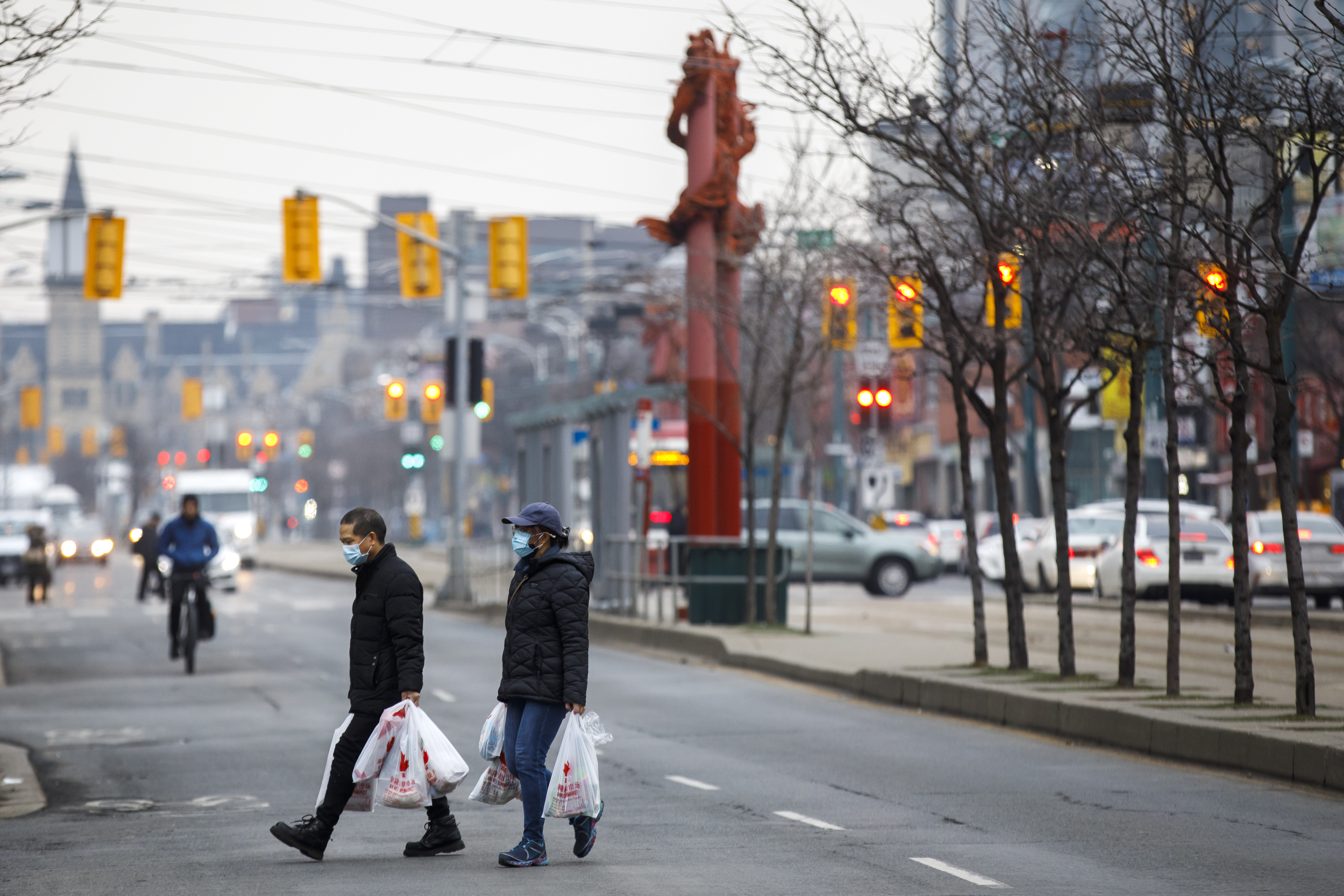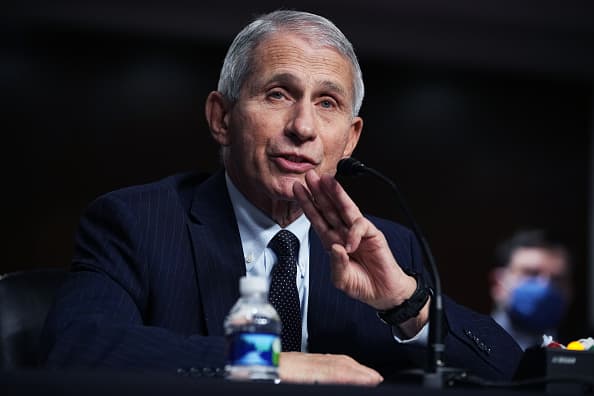Mask requirements have been lifted in dozens of states, causing some to wonder when Illinois will follow suit.
Of the six states where mask mandates remain in effect - Hawaii, Illinois, Nevada, New Mexico, Oregon and Washington - Illinois is the only one east of the Mississippi River.
An analysis of Centers for Disease Control and Prevention data showed that of the five aforementioned states excluding Washington, which didn't have data listed, Illinois had the second lowest positivity rate - between 3 and 4.9%.
Yes, Illinois Still Has an Indoor Mask Mandate. Here's Where You Need To Wear One
The positivity rate in Hawaii was less than 3%, making it the lowest out of the five states.
Illinois reinstated its mask mandate in late August, with Gov. J.B. Pritzker at the time saying the state was "running out of time as our hospitals run out of beds."
Toward the end of the month, Illinois saw a statewide positivity rate of around 5.7%, and all of its 102 counties were experiencing "high” levels of community transmission.
Even as COVID cases have increased in recent weeks, some Illinois leaders, including the mayor of Naperville, have pushed for the removal of the mask mandate, noting no other Midwest states have requirements on the books.
A vast majority of Illinois' 102 counties are currently under a "high risk" category in which the CDC recommends residents wear masks regardless of vaccination status.
Feeling out of the loop? We'll catch you up on the Chicago news you need to know. Sign up for the weekly Chicago Catch-Up newsletter.
With the more contagious omicron variant prompting new mask mandates overseas, similar measures could be taken in the U.S., with health officials warning the variant is likely already stateside.
Speaking in early November, Pritzker said the masking decision is being evaluated "really every day" by himself and doctors at the Illinois Department of Public Health.
"We look at the numbers, I talk to the doctors at IDPH, especially [IDPH Director Dr. Ngozi Ezike], and what we're trying to evaluate is: are the hospitalization numbers, for example, increasing, decreasing, staying the same?" Pritzker said. "We want them to decrease. They're not currently, just to be clear."
At the time, Pritzker noted the new hospitalizations remain flat across the state.
"That is not a good sign," he said. "That's not what's happened in previous dips from surges. We went down for a while here, but now we've leveled out at a level that is much higher than the summer. And so the question is, is that just a temporary situation? Are we going to start heading downward in those numbers?"
Dr. Allison Arwady, commissioner of the Chicago Department of Public Health, has indicated that the city would need to see fewer than 200 new COVID cases per day to roll back the requirement, but last week said the city saw more than double that number in recent weeks.




